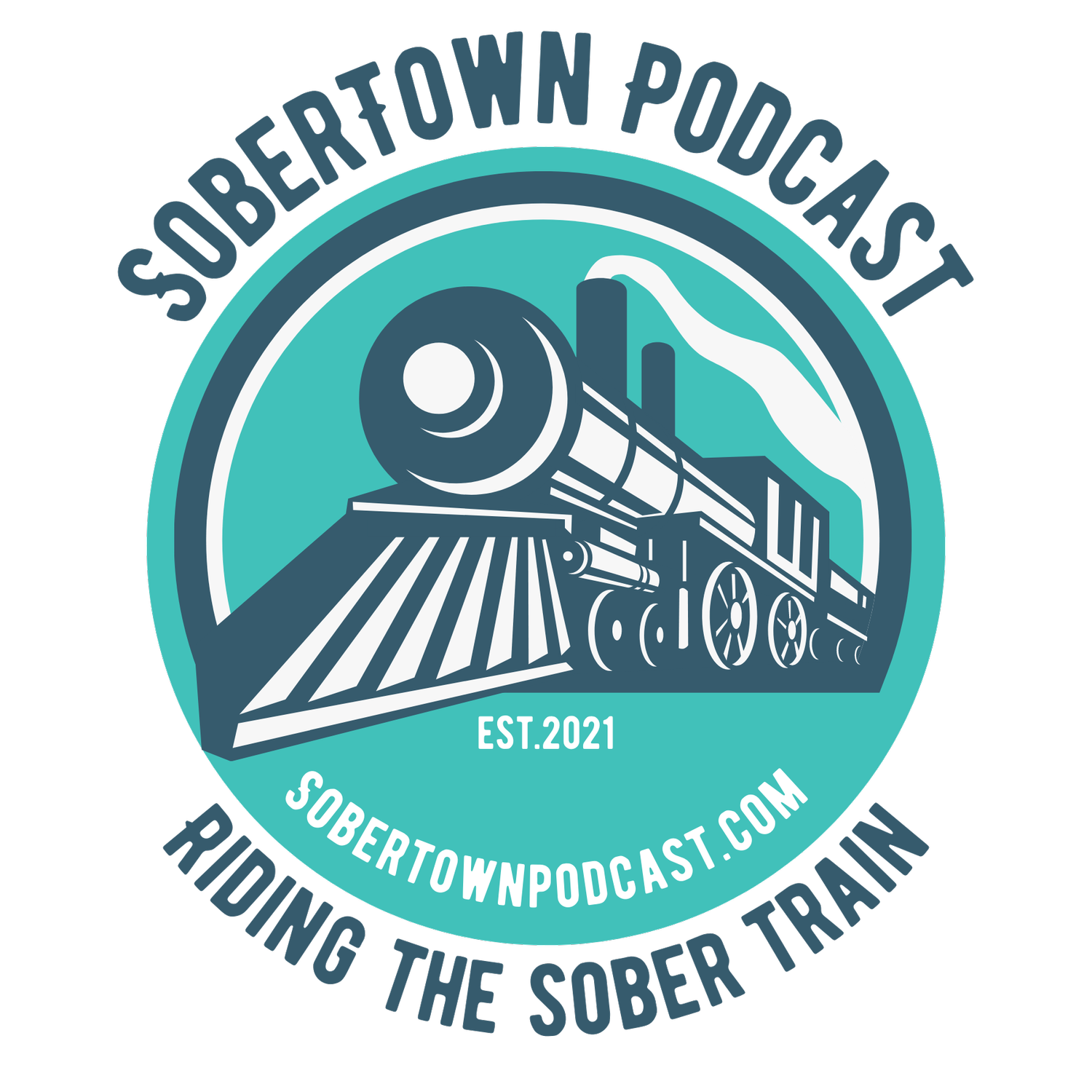What Does the Public Know?
Many people do not know alcohol causes cancer, although the link has been well documented in medical literature since 1988.¹ Information from the United States Health Information National Trends Survey shows of the 5,586 participants, only 11.33% were aware that reducing or eliminating alcohol from their diet could significantly reduce their cancer risk.² There are many reasons why the public knows so little about the carcinogenic effects of alcohol. Influence from the media and the alcohol industry, as well as a general belief alcohol consumption is healthy, has a large impact on public perceptions about alcohol.³⁻⁵
We reviewed three databases to determine if the public knew alcohol caused cancer and if so, what types. Most of the studies were completed in Australia and the fewest completed in Denmark, Ireland, Italy, South Korea, Sweden, and Poland.³,⁶–¹⁸ Awareness of the carcinogenic effects of alcohol varied from 3% to 98% depending on the country, with the lowest percentage in the United States (U.S.) and the highest percentage in Saudi Arabia.⁹⁻²¹
Many participants identified liver cancer as a risk factor of alcohol use, but unable to identify other alcohol-attributed cancers.⁷,⁸,¹⁵,²⁰ Our results show the percentage of participants who correctly identified the following cancers: liver (80% to 86%), gastric (65.3%), colorectal (60% to 87%), bowel (24.4%), pharyngeal (22.2%), esophageal (21.1%), larynx (21%), oral (21% to 60%), and breast (3%-52%).⁷–¹⁰,¹⁴,¹⁵,¹⁷,²⁰–²⁷ A few studies grouped head and neck cancers as opposed to asking about a particular organ, with results ranging from 23% to 43.4%.¹⁰,¹⁴,²⁰ In some cases, participants incorrectly identified bladder and brain cancer as risk factors of alcohol use.²⁸
Misconceptions About Cancer
The belief cancer is preventable, survivable, and can be discovered early with routine screenings may deter individuals from changing their drinking habits. In one study, 72.1% of the participants believed routine screening would prevent stomach cancer, although only 54% were routinely screened.¹⁵ In another study, women viewed breast cancer as survivable and participants did not see a need to limit their consumption of alcohol.¹³ Another misconception was the belief everything cause cancer. This fatalistic idea gives individuals little reason to curtail their alcohol use or abstain altogether.¹²,¹³,²¹
Demographics
A few demographic populations were consistent in several studies. More women than men were aware alcohol causes cancer and socially disadvantaged individuals or those from rural or regional locations were found to be less aware.⁷,⁸,²¹,²⁹,³⁰ Other populations in the review were inconclusive. Some studies found a college degree increased awareness, while others found educational level had no influence.⁷,⁸,²¹,²⁸,²⁹ There was also a discrepancy when determining if participants who had the highest alcohol consumption knew more or less about their cancer risk.⁷,¹⁶
There was also inconsistency with how study participants were surveyed for their answers. For example, asking open-ended questions versus closed-ended questions may significantly affect the results. In one study, only 12.5% of survey participants identified cancer as a potential risk factor when asked with an open-ended question, yet 46.9% identified cancer when it was an option to choose among a list of negative health outcomes.²⁸ One study had potentially skewed results because researchers asked participants multiple-choice questions, increasing the odds of choosing the correct answer by chance alone.⁴
We could not decisively answer the question “what does the public know” for the following reasons: a lack of research (especially in particular countries), an inability to generalize results due to population sampling techniques, and the variety of ways researchers assessed public knowledge. It was also difficult to determine exactly what the public knew about the risk because of the tendency to give socially desirable responses.¹¹,²² Many participants without a history of cancer denied a possibility alcohol could increase the risk and even those who developed cancer failed to attribute their diagnosis to alcohol use.¹³,²¹ Despite our inability to answer our question, we’ve identified a knowledge gap. There is a general lack of knowledge alcohol increases the risk of cancer. Our goal is to inform the public of the risk so they can make an informed decision when deciding to drink or change their drinking habits.
References
IARC. Alcohol Drinking. Accessed July 24, 2023. https://publications.iarc.fr/Book-And-Report-Series/Iarc-Monographs-On-The-Identification-Of-Carcinogenic-Hazards-To-Humans/Alcohol-Drinking-1988
Hawkins NA, Berkowitz Z, Peipins LA. What Does the Public Know About Preventing Cancer? Results From the Health Information National Trends Survey (HINTS). Health Educ Behav. 2010;37(4):490-503. doi:10.1177/1090198106296770
Dost F, Do L, Farah CS. Knowledge of oral cancer risk factors amongst high-risk Australians: findings from the LESIONS programme. Aust Dent J. 2016;61(4):432-439. doi:10.1111/adj.12408
Isted A, Fiorini F, Tillmann T. Knowledge gaps and acceptability of abbreviated alcohol screening in general practice: a cross-sectional survey of hazardous and non-hazardous drinkers. BMC Fam Pract. 2015;16:72. doi:10.1186/s12875-015-0290-1
Spiegelman D, Lovato LC, Khudyakov P, et al. The Moderate Alcohol and Cardiovascular Health Trial (MACH15): Design and methods for a randomized trial of moderate alcohol consumption and cardiometabolic risk. Eur J Prev Cardiol. 2020;27(18):1967-1982. doi:10.1177/2047487320912376
Bowden JA, Delfabbro P, Room R, Miller CL, Wilson C. Alcohol consumption and NHMRC guidelines: has the message got out, are people conforming and are they aware that alcohol causes cancer? Aust N Z J Public Health. 2014;38(1):66-72. doi:10.1111/1753-6405.12159
Buykx P, Gilligan C, Ward B, Kippen R, Chapman K. Public support for alcohol policies associated with knowledge of cancer risk. Int J Drug Policy. 2015;26(4):371-379. doi:10.1016/j.drugpo.2014.08.006
Coomber K, Mayshak R, Curtis A, Miller PG. Awareness and correlates of short-term and long-term consequences of alcohol use among Australian drinkers. Aust N Z Publ Health. 2017;41(3):237-242. doi:10.1111/1753-6405.12634
Formosa J, Jenner R, Nguyen-Thi MD, Stephens C, Wilson C, Ariyawardana A. Awareness and Knowledge of Oral Cancer and Potentially Malignant Oral Disorders among Dental Patients in Far North Queensland, Australia. Asian Pac J Cancer Prev. 2015;16(10):4429-4434. doi:10.7314/apjcp.2015.16.10.4429
Krentowska A, Sierko-Nobis E, Strzalka A, Pietruszewska W, Hempel D, Sierko E. Awareness of head and neck cancer - a multicentre survey among young respondents in Poland. Int Dent J. 2018;68(6):441-449. doi:10.1111/idj.12402
Lagerlund M, Hvidberg L, Hajdarevic S, et al. Awareness of risk factors for cancer: a comparative study of Sweden and Denmark. BMC Public Health. 2015;15:1156. doi:10.1186/s12889-015-2512-9
May N, Eliott J, Crabb S. “Everything causes cancer”: how Australians respond to the message that alcohol causes cancer. Crit Public Heath. 2017;27(4):419-429. doi:10.1080/09581596.2016.1235260
Meyer SB, Foley K, Olver I, et al. Alcohol and breast cancer risk: Middle-aged women’s logic and recommendations for reducing consumption in Australia. PLoS One. 2019;14(2):e0211293. doi:10.1371/journal.pone.0211293
O’Connor TE, Papanikolaou V, Keogh IJ. Public knowledge of head and neck cancer. Ir Med J. 2010;103(4):105-107.
Oh DY, Choi KS, Shin HR, Bang YJ. Public Awareness of Gastric Cancer Risk Factors and Disease Screening in a High Risk Region: A Population-Based Study. Cancer Res Treat. 2009;41(2):59-66. doi:10.4143/crt.2009.41.2.59
Pettigrew S, Jongenelis M, Pratt IS, et al. Australian drinkers’ perceptions of alcohol-related risk by consumption status. Addict Res Theory. 2016;24(6):507-513. doi:10.1080/16066359.2016.1175557
Villa A, Kreimer AR, Pasi M, et al. Oral Cancer Knowledge: A Survey Administered to Patients in Dental Departments at Large Italian Hospitals. J Cancer Educ. 2011;26(3):505-509. doi:10.1007/s13187-010-0189-4
Wiseman KP, Klein WMP. Evaluating Correlates of Awareness of the Association between Drinking Too Much Alcohol and Cancer Risk in the United States. Cancer Epidemiol Biomarkers Prev. 2019;28(7):1195-1201. doi:10.1158/1055-9965.EPI-18-1010
Alshammari FD, Ahmed HG, Alshammari D, Alharbi AM, Alsaedi AS, Elasbaly A. Population insight of the relationship between lifestyle and cancer: A population-based survey. AIMS Public Health. 2019;6(1):34-48. doi:10.3934/publichealth.2019.1.34
Merten JW, Parker A, Williams A, King JL, Largo-Wight E, Osmani M. Cancer Risk Factor Knowledge Among Young Adults. J Cancer Educ. 2017;32(4):865-870. doi:10.1007/s13187-016-1093-3
Scheideler JK, Klein WMP. Awareness of the Link between Alcohol Consumption and Cancer across the World: A Review. Cancer Epidemiol Biomarkers Prev. 2018;27(4):429-437. doi:10.1158/1055-9965.EPI-17-0645
Morère JF, Viguier J, Couraud S, et al. Awareness and Misconceptions of Breast Cancer Risk Factors Among Laypersons and Physicians. Curr Oncol Rep. 2018;20(Suppl 1):15. doi:10.1007/s11912-017-0647-9
Ustundag H, Zengin N, Andsoy II, Gul A. Awareness of health sciences students about colorectal cancer risk factors. Eur J Cancer Care. 2019;28(3):e13016. doi:10.1111/ecc.13016
Al-Maweri SA, Tarakji B, Alsalhani AB, et al. Oral cancer awareness of the general public in Saudi Arabia. Asian Pac J Cancer Prev. 2015;16(8):3377-3381. doi:10.7314/apjcp.2015.16.8.3377
Rai A, Kumar A, Abraham L, Naikmasur V. Self Awareness of Oral Potentially Malignant Disorders and Oral Cancer Among High-Risk Patients. Int J Cancer Manag. 2017;10(8):e5973. doi:10.5812/ijcm.5973
Kratzke C, Amatya A, Vilchis H. Breast cancer prevention knowledge, beliefs, and information sources between non-Hispanic and Hispanic college women for risk reduction focus. J Community Health. 2015;40(1):124-130. doi:10.1007/s10900-014-9908-9
Peltzer K, Pengpid S. Awareness of breast cancer risk among female university students from 24 low, middle income and emerging economy countries. Asian Pac J Cancer Prev. 2014;15(18):7875-7878. doi:10.7314/apjcp.2014.15.18.7875
Buykx P, Li J, Gavens L, et al. Public awareness of the link between alcohol and cancer in England in 2015: a population-based survey. BMC Public Health. 2016;16(1):1194. doi:10.1186/s12889-016-3855-6
Kippen R, James E, Ward B, et al. Identification of cancer risk and associated behaviour: implications for social marketing campaigns for cancer prevention. BMC Cancer. 2017;17(1):550. doi:10.1186/s12885-017-3540-x
Redeker C, Wardle J, Wilder D, Hiom S, Miles A. The launch of Cancer Research UK’s “Reduce the Risk” campaign: Baseline measurements of public awareness of cancer risk factors in 2004. Eur J Cancer. 2009;45(5):827-836. doi:10.1016/j.ejca.2008.10.018


